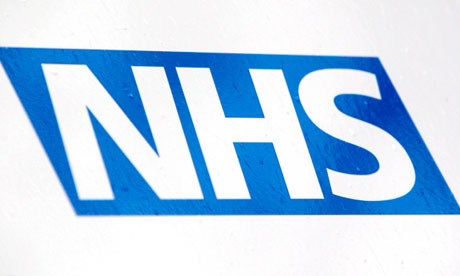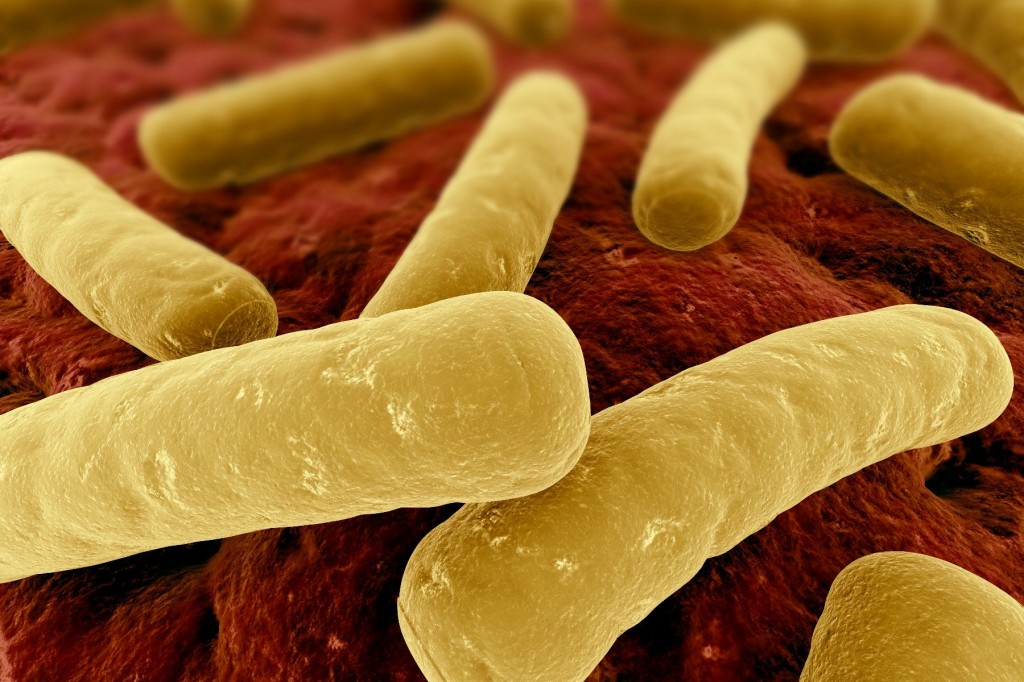I’ve been an NHS nurse for 15 years. Here’s why I’m going on strike

Original article republished from OpenDemocracy under a Creative Commons Attribution-NonCommercial 4.0 International licence.
OPINION: As nurses announce strikes in December, the Tories must start paying them fairly to save the NHS from collapse
25 November 2022, 12.00am
The first-ever national strikes of NHS nurses will take place on 15 and 20 December, the Royal College of Nursing (RCN) has announced.
The RCN, whose members made history by voting for direct action across England, Wales and Northern Ireland, has accused the government of “choosing strike action” by refusing to negotiate on pay.
Other health unions, meanwhile, continue to ballot their members across both England and Wales, while strike mandates have been achieved across Scotland and Northern Ireland.
Direct action will now take place in all corners of the NHS, including ambulance services. These ballot results are evidence that there has been a dramatic shift in mood among health workers over the last year.
In 2021, I wrote for openDemocracy about a general feeling of despair among colleagues. By contrast, everyone now appears angry and focused, a feeling that I think has been encouraged by the recent wave of strike and trade union activity across other industries.
We hear reports of the NHS in crisis, hospitals running at capacity and dangerously low staffing levels. But without working within these services, it’s impossible to truly understand what this looks like for staff, and the patients these staff are doing their best to care for.
What staff are witnessing first hand is a catastrophic breakdown of services that has left us with vacancies hitting 135,000 and patients in danger. We desperately need to focus on retention of staff: without addressing that, we have no chance of tackling the backlog of seven million patients. Sadly, neither the government or opposition ever bring retention into the conversation, because that would mean putting pay restoration on the agenda.
In a recent survey by the GMB union, one in three ambulance staff said they had been involved in a delay that had resulted in a person dying. This is a terrifying statistic, and just one of many that the government should be taking far more seriously.
Staff are not prepared to stand with their hands behind their backs while the NHS is ripped apart in front of our eyes
What we are now witnessing are increasingly extreme attacks from the right-wing press and commentators attempting to demonise us, and to guilt us into abandoning our fight for what we are owed.
However, as I commented to a colleague, nothing they can say about us will be as bad as what staff are witnessing day in, day out. Things cannot continue as they are, and staff are not prepared to stand with their hands behind their backs while the NHS is ripped apart in front of our eyes.
I have worked as an NHS nurse for 15 years. I love my job. But my pay, and that of my colleagues, has been deliberately eroded for over a decade, with some workers up to 29% worse off in real terms. What we are left with is a group of workers carrying the entire burden of keeping patients safe, while the government washes its hands of any responsibility or accountability for the state of the service within which they work.
These are the staff who find themselves skipping breaks, working overtime for free, selling back their annual leave to make ends meet, sleeping in their cars as they cannot afford fuel to and from work – and ultimately quitting, as the moral injury of delivering substandard care is not sustainable.
We should all be united in our outrage. While this is an industrial dispute about pay, the fight is about so much more. During the pandemic we witnessed the devastating impact of dramatically increased demand on an NHS that has been stripped to the bone. We cannot let this happen again.
This is why we are taking our fight to this government and standing up not only for ourselves, but for our families and communities, and for the future of the NHS. So when the time comes, and it will, please join NHS staff on the picket lines.
Without action now, there will be no NHS left to fight for.
Original article republished from OpenDemocracy under a Creative Commons Attribution-NonCommercial 4.0 International licence.


